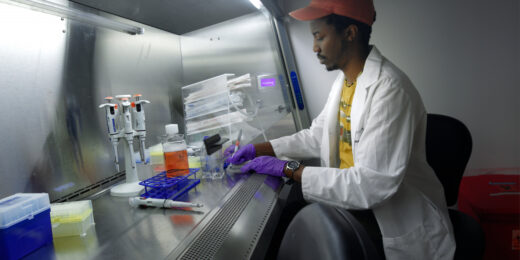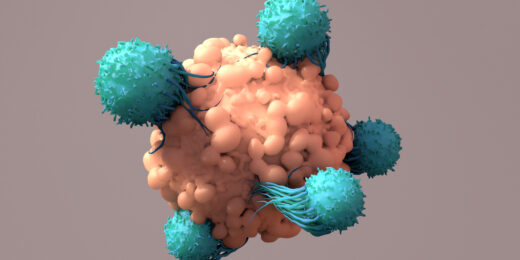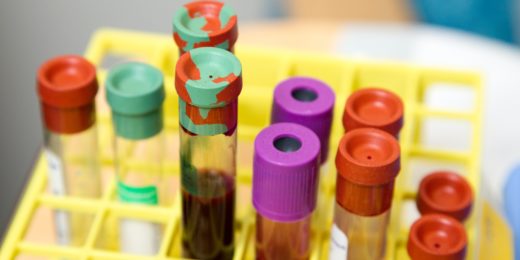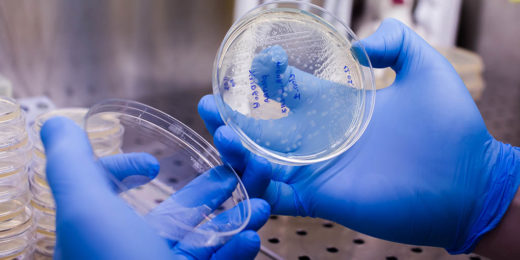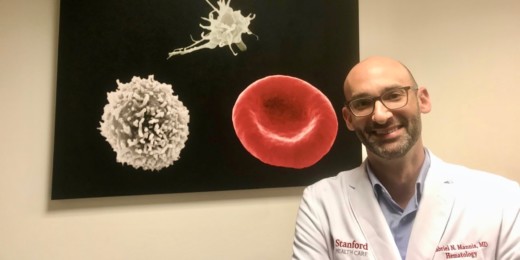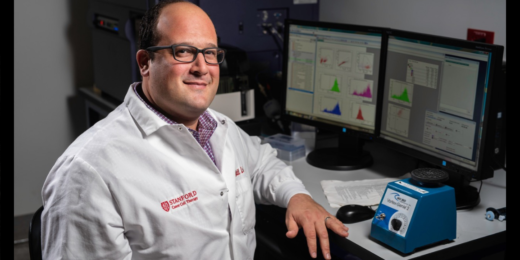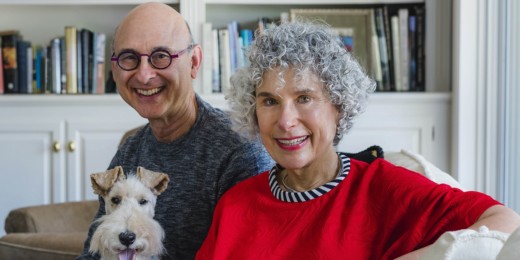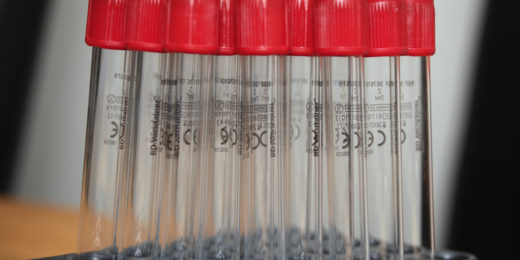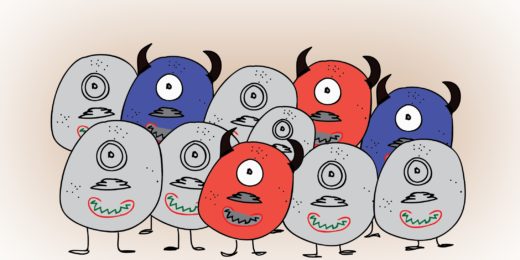Quenton Rashawn Bubb continues to value the complex, complementary nature of work on parallel paths -- not just as a musician/academic, but now on the path to his career.
Category: Blood Cancers
Inside-out engineering yields better cancer-fighting cells
Stanford Medicine researchers take a unique approach to refine engineered immune cells meant to kill cancer.
Blood test predicts chances of lymphoma relapse after therapy
Stanford Medicine Scientists have devised a blood test to predict some cancer relapses after patients have already been treated.
Evading exhaustion to improve CAR-T cell therapy
'Resting' exhausted cancer-fighting immune cells enhances their tumor-killing activity, which may help people with blood and solid cancers.
In the Spotlight: From Sesame Street to Stanford
In this In the Spotlight, hematologist/oncologist Gabriel Mannis talks about his passion for medicine and his experience working at Sesame Street.
Immunotherapy target identified for pediatric cancers
Stanford scientists have moved a big step closer toward using engineered immune cells to treat many forms of pediatric cancer.
Trying to get answers: One woman’s quest for a diagnosis
After a year of baffling symptoms, two Stanford specialists pieced together the puzzle of this woman's disease.
Tumor cells’ ‘tells’ may allow some cancer patients to dodge unnecessary chemotherapy
Monitoring changes in the levels of circulating bits of tumor DNA may help some lymphoma patients avoid unnecessary chemotherapy, Stanford researchers find.
New method could predict leukemia relapse at diagnosis
A new technique gives doctors an early view of which pediatric leukemia patients will relapse, and may point the way toward better cancer drugs.


